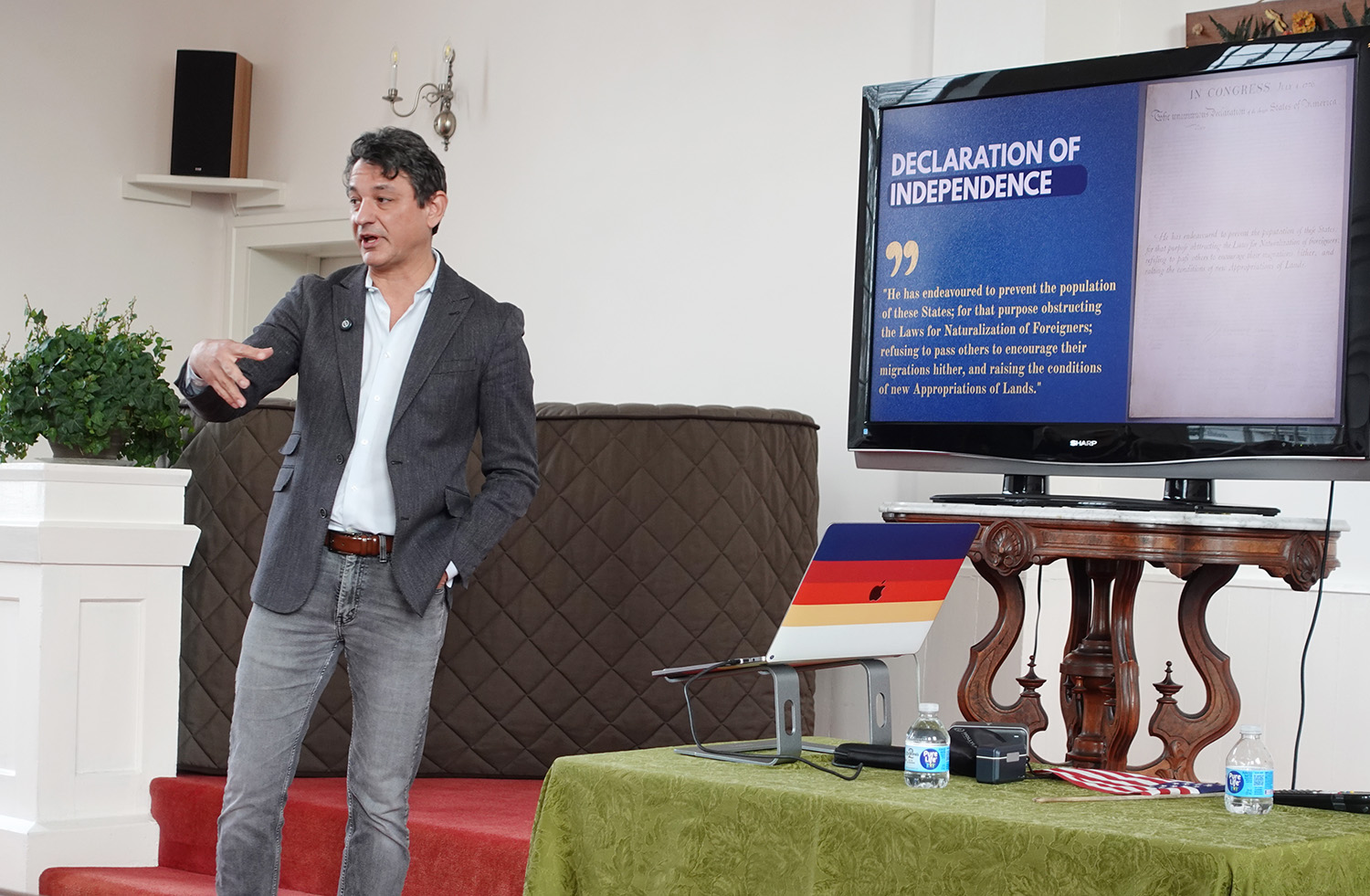BREAKING: A wave of violence has erupted across the UK, with the latest incident occurring on Saturday night in Huntingdon, where a train attack left nine people injured, two of whom are in critical condition. Authorities have confirmed that a single suspect is in custody following the chaotic scene, which has left the nation gripped by fear and outrage.
Eyewitnesses reported a harrowing encounter as officers arrived to find the assailant challenging them, demanding to be shot before being subdued with a taser. This shocking episode adds to a troubling trend of random violence that has paralyzed the government’s response. Just last week, the killing of Wayne Broadhurst, an Ealing Council binman, underscored the escalating chaos. Broadhurst was fatally stabbed while intervening in an attack on a 14-year-old boy and a 45-year-old man. His murder suspect, Safi Dawood, an Afghan migrant, has been charged.
The violence continued with the conviction of Haybe Cabdiraxmaan Nur, sentenced to life for the unprovoked murder of Gurvinder Singh Johal inside a bank. Nur, previously known to authorities across Europe for violent crimes, further highlights the urgent need for effective government intervention.
In the wake of these incidents, public trust in the government has waned significantly. William Clouston, leader of the Social Democratic Party, expressed the community’s fear, stating, “
What has occurred resembles a terrorist attack and has evidently terrorised people.
” Despite reassurances from police that there is no current indication of terrorism, the similarities are alarming.
Since the devastating Southport murders in July 2024, where three young girls lost their lives, the government has struggled to regain control. The recent surge in mass violence has left citizens feeling vulnerable and government officials scrambling for solutions. Critics argue that the Prevent programme, originally designed to counter terrorism, is ill-equipped to handle this new wave of random, mass-casualty violence.
The Prevent programme, intended to intervene before individuals turn to extremism, has not adapted to the complexities of random acts of violence. This disconnect has been noted by officials including Sir William Shawcross, who warned that the government has misallocated resources by trying to address various forms of violence under one umbrella.
As the UK grapples with this growing crisis, solutions remain elusive. Experts call for a dedicated approach to tackle the rising tide of violent crime that bypasses traditional definitions of terrorism. The current system, they argue, is failing to protect the public from the very real threat of indiscriminate violence.
With the latest incidents rising to the forefront, the government must urgently reassess its strategies and implement new measures to ensure public safety. As the nation watches closely, the demand for effective action has never been more critical.
The community’s fear and anger are palpable, and as investigations continue, residents are left to wonder when and if the violence will subside. The call for change is loud, and the time for decisive action is now.







